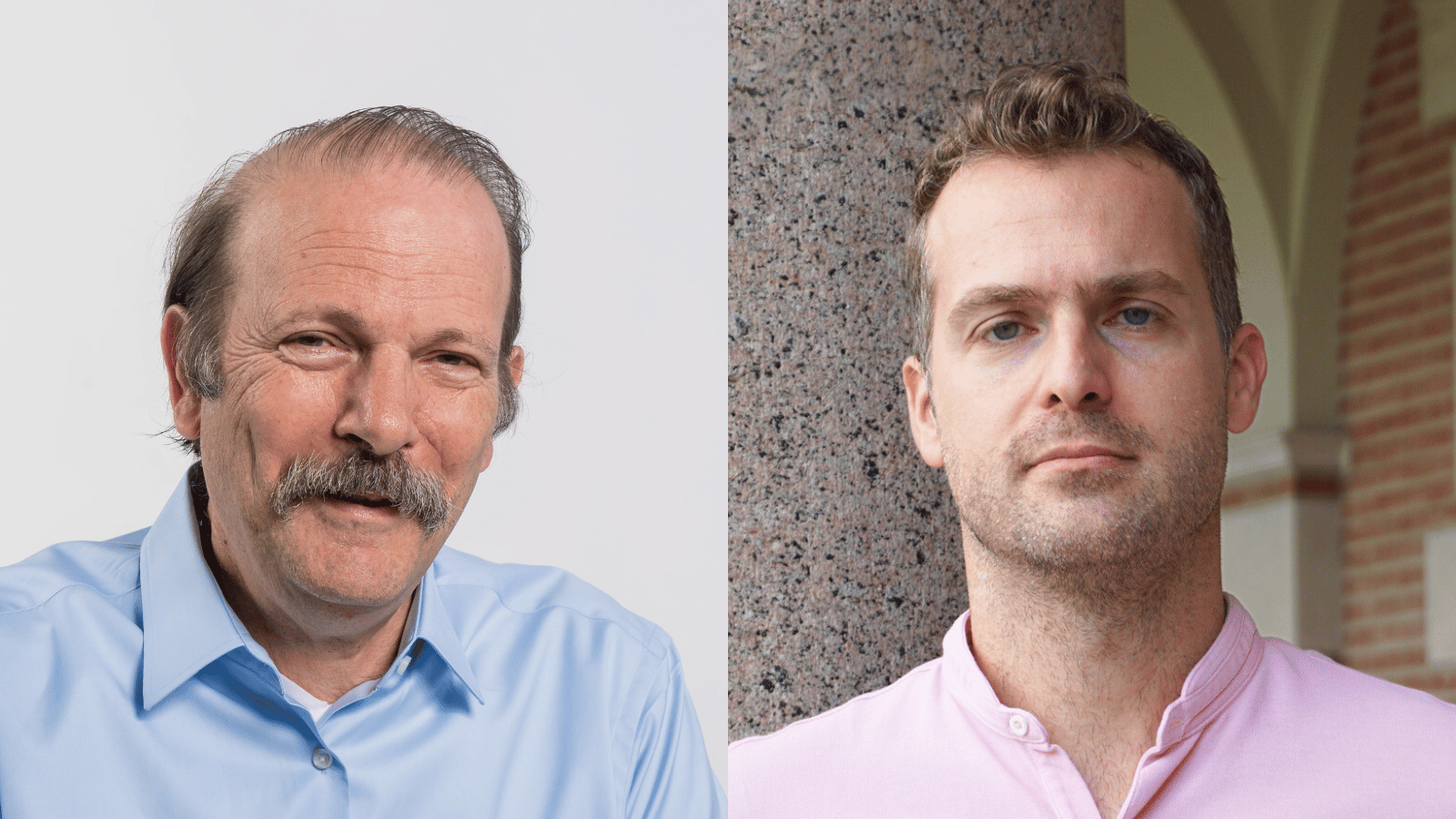Rice University and the University of Edinburgh in Scotland have established a joint research initiative to foster Rice's dedication to expanding and enhancing its research and educational partnerships with peer institutions globally. The recipients of the first-ever Rice-Edinburgh Strategic Collaboration Awards (SCA) include fifteen projects led jointly by faculty members from both Rice University and the University of Edinburgh.
Department of Computer Science faculty Moshe Vardi, University Professor and the Karen Ostrum George Distinguished Service Professor in Computational Engineering, and Anastasios Kyrillidis, the Noah Harding Assistant Professor of Computer Science, are two of the 15 award recipients from an applicant pool that included every school at Rice University. According to the organizers at Edinburgh, the call for proposals for the competition received the highest number of responses compared to any of their previous collaborations.
Vardi’s proposal, in collaboration with Koushna Etessami of University of Edinburgh, addresses the need to develop new ways of model-checking and synthesizing that can measure the degree to which a system meets temporal goals and can optimize the balance between goals. Given the wide industrial applications of temporal logic model checking, including AI, Vardi’s research will have far reaching implications in the technology landscape of the future.
Kyrillidis, in collaboration with Petros Wallden of University of Edinburgh, aims to develop algorithmic foundations and theory that would accelerate problem solving on quantum computers in a variety of quantum computing scenarios, including finance optimization, chemistry and physics simulations, scientific computing, theoretical computer science, and optimization. The proposal focuses on the Quantum Approximate Optimization Algorithm (QAOA) as a promising approach to solve these problems. The goal is to understand the non-convex optimization associated with QAOA and use the findings to develop methods that are faster and more effective in practice.
These winning projects cover a variety of fields and are closely related to Rice's areas of strategic focus, including climate change and sustainability solutions, space innovation, medical innovation and biotech, quantum computing, robotics, leadership for social impact, and more. Both universities contributed to the funding of these projects.
Rice University is committed to becoming a global leader in teaching, research, innovation, and social impact. In his State of the University address, President Reginald DesRoches emphasized the significance of increasing international involvement to achieve this objective. “Expanding Rice’s academic reach and reputation internationally is a top priority of my presidency, and I’m working with Vice President for Global and Digital Strategy Caroline Levander along with Provost Amy Dittmar and Vice President for Research Ramamoorthy Ramesh to achieve this goal in the coming years,” said DesRoches.
Faiza Hussain, Ph.D. (’09), Rice CS contributing writer

